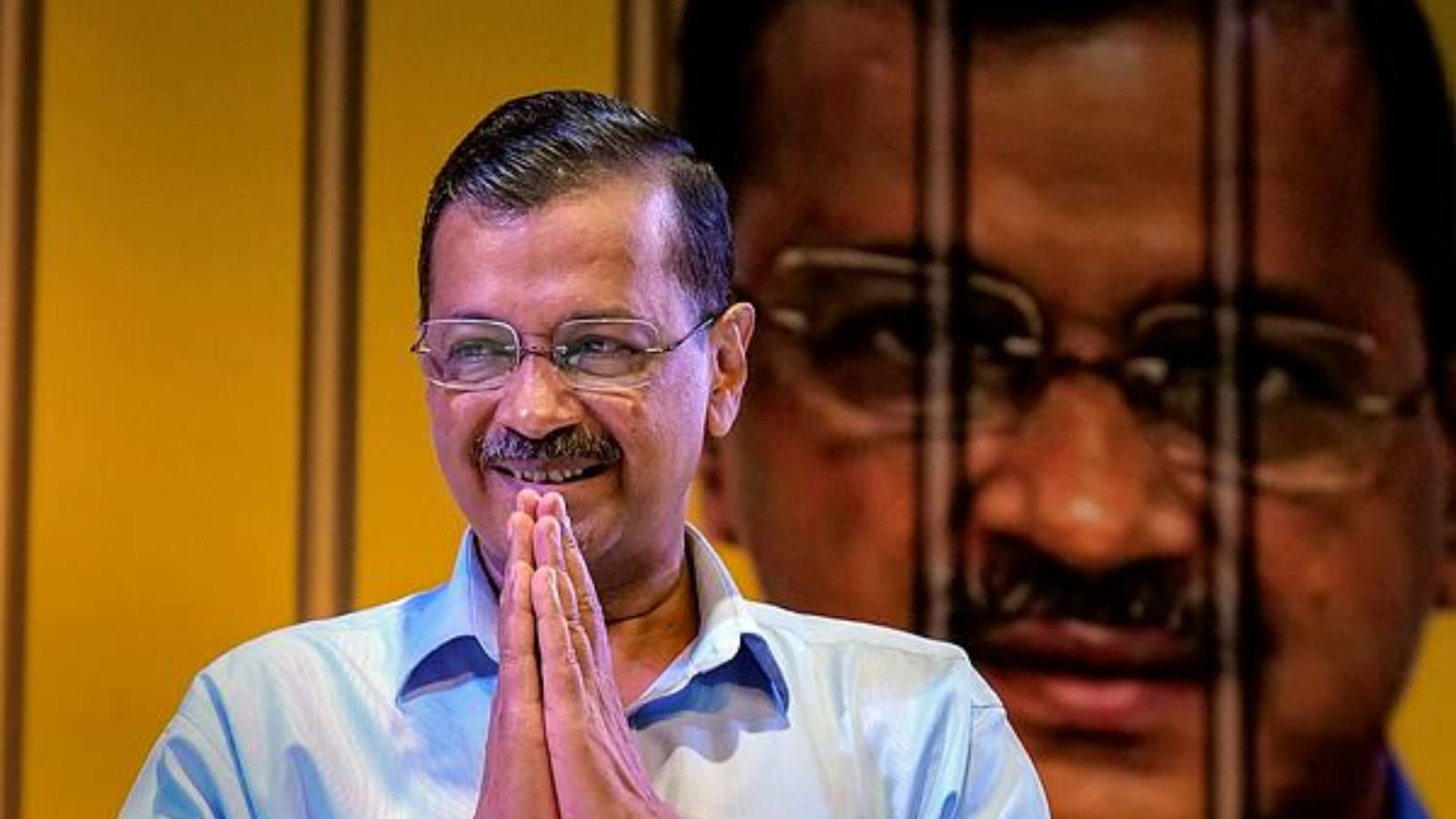 |
|
The unexpected announcement of Delhi Chief Minister Arvind Kejriwal’s resignation, set to take effect after two days, has sparked curiosity and scrutiny from the opposition Bharatiya Janata Party (BJP). The AAP, however, clarified the timing of the resignation, attributing it to the upcoming Eid holiday. They asserted that the resignation would occur on the next working day, Tuesday, September 17th.
AAP minister Atishi underscored the historical significance of Kejriwal’s decision, highlighting its connection to the corruption allegations leveled against him. She emphasized the profound impact these allegations had on the Chief Minister, stating that he felt compelled to seek a public judgment on his integrity. Atishi portrayed Kejriwal as a leader of extraordinary courage, who, in the face of accusations, challenged the public to decide based on their perception of his honesty.
Atishi recounted Kejriwal’s journey, emphasizing his commitment to fighting corruption. She described him as someone who left a secure job as an Income Tax Commissioner to dedicate himself to improving the lives of Delhi’s marginalized communities and building a political party from the ground up. She argued that Kejriwal’s decision stemmed from his deep aversion to dishonesty and his unwavering commitment to upholding ethical standards. She painted a picture of a man deeply troubled by the allegations, questioning how anyone who has dedicated their life to fighting corruption could bear the weight of such accusations.
AAP’s Saurabh Bharadwaj echoed Atishi’s sentiments, praising Kejriwal’s bold move and emphasizing its uniqueness in the annals of world politics. Bharadwaj criticized the BJP’s relentless attempts to smear Kejriwal and his party with corruption allegations. He highlighted the lack of concrete evidence to support these claims, pointing to the Supreme Court’s decision to grant bail to Kejriwal despite the BJP’s accusations. He emphasized that despite his innocence, Kejriwal wanted the people to have the final say on his integrity.
Kejriwal’s own address, following the Supreme Court’s bail decision, revealed his unwavering resolve to seek a public mandate. He declared his intention to face the “Agni Pariksha” in the court of the people, stating that he would only return to the Chief Minister’s chair if he secured the public’s trust. This declaration serves as a powerful statement of Kejriwal’s commitment to seeking validation from the people and his willingness to let the public decide his fate.
The events surrounding Kejriwal’s resignation and his subsequent call for a public verdict raise questions about the future of Delhi politics. It remains to be seen how the people will respond to Kejriwal’s appeal and what implications this move will have for the AAP’s political future.
Source: What’s behind Delhi CM Kejriwal’s move to resign in two days
